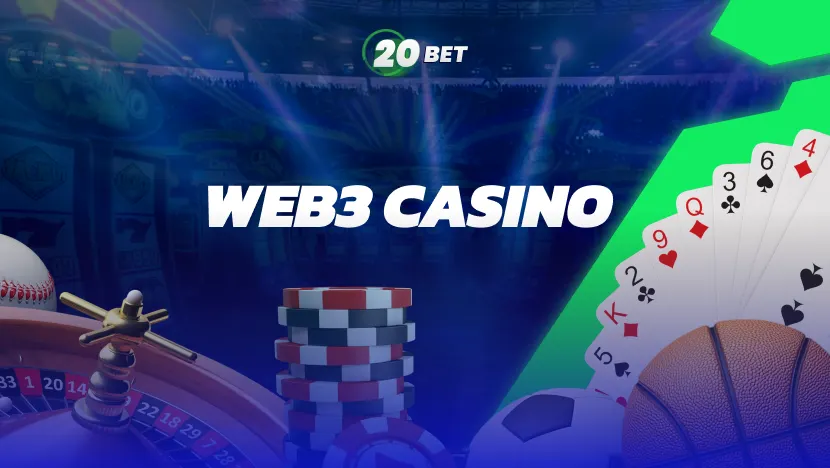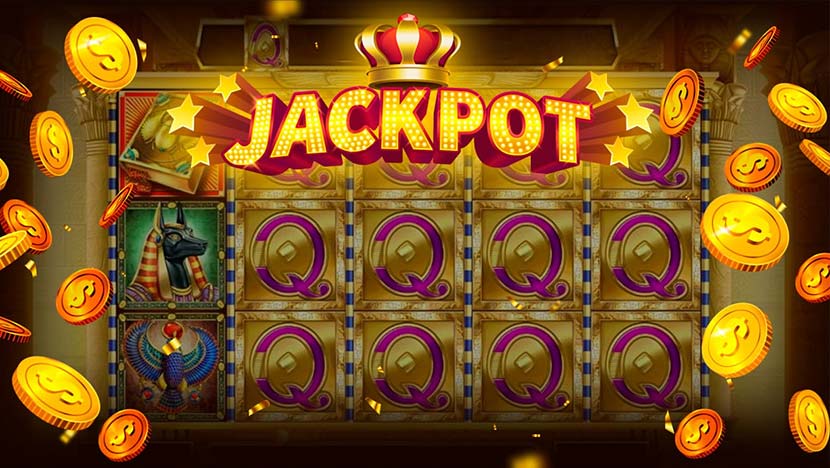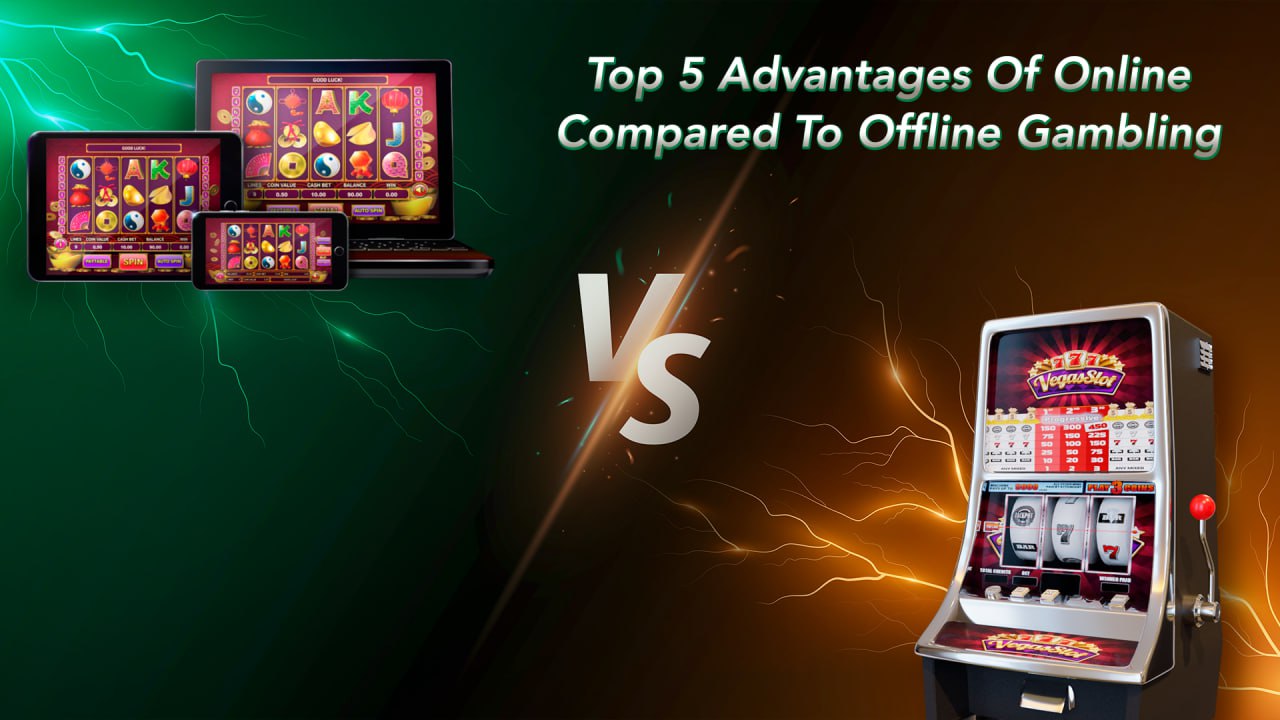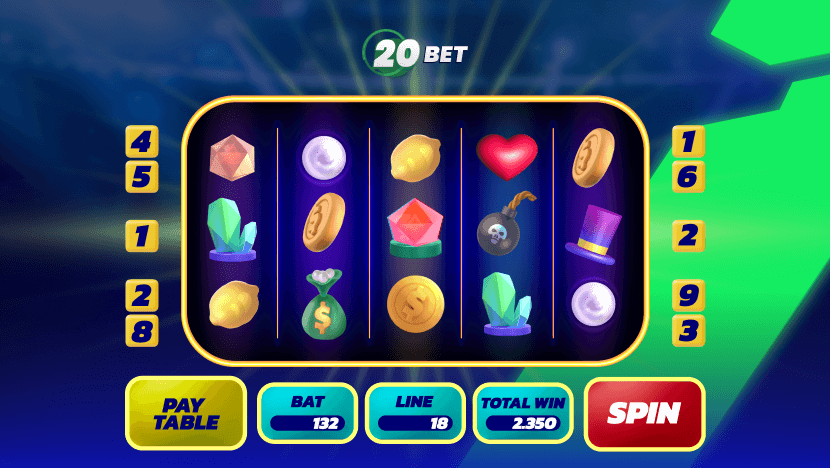If you follow crypto at all, you’ve probably seen the phrase “Web3 casino” float past your feed. In plain words, it means a casino built on blockchain rails, where your wallet connects to the site, smart contracts handle the rules, and you can verify the result rather than trusting a black box.
The idea sounds slick, but what does it change for players in the U.S. and Canada, and what are the potential drawbacks? It sits inside a larger shift in the blockchain casino industry, not just another buzzword.
What Defines a Web3 Casino?
A Web3 casino runs on-chain building blocks rather than only on a private server. In practical Web3 casino development, teams move identity, balances, and parts of the game logic onto public ledgers.
Core Technologies: Blockchain, Smart Contracts, Crypto Wallets
The ledger is the blockchain, the game rules live in smart contracts, and you sign in with a Web3 wallet instead of a traditional account. A wallet can be non-custodial, meaning you control the private keys, or custodial, where a service holds them for you. That wallet is how you approve bets and payouts, and it’s the center of any crypto payment flow.
Key Features: Decentralization, Provable Fairness, Anonymity
Results can be checked by the player using cryptographic proofs. Many projects use public “provably fair” methods or on-chain randomness tools to show that no one tampered with the outcome. You also share less personal data because the wallet acts as your sign-in. Privacy still depends on your choices, but by default, the system collects less.
How It Differs From Traditional Web2 Casinos
A Web2 site is a closed system. The operator stores balances and settles wins in fiat, and you rely on audits and a license. A setup like this moves part of that logic on-chain, so you can see code and trace funds.
Regulation is still the key difference. Ontario has a regulated market for online gaming, while most casinos on blockchain are the opposite. They’re licensed in offshore hubs and mainly serve international or “grey-market” traffic rather than one tightly regulated local market.
Compliance and reg-tech firms point out that many crypto gambling sites operate offshore to avoid strict local rules and can therefore accept players from multiple countries, according to Sumsub’s 2025 overview of crypto gambling.
If you search for Canadian crypto casinos, most results point to offshore operators rather than local licences.
How Web3 Casinos Work
You connect a wallet, approve a spend limit, and the contract executes the wager. When a win hits, the contract can pay out automatically. It feels like tapping a card at checkout, except your wallet signs the move, which is a simple way to picture how to pay with crypto online without a traditional cashier.
Connecting a Crypto Wallet and Placing Bets
You hit Connect wallet, approve the connection, and the site reads your public address. To bet, the contract asks for permission to spend a set amount, you confirm the transaction, and the wager executes. Fees and speed vary by network, so the best crypto to pay with depends on what the casino supports and what fees look like that day.
Smart Contract-Based Game Logic and Payouts
Blockchain casino games put RNG (Random Number Generator) and payout logic in code you can inspect. When conditions are met, the contract pays out automatically — no support ticket needed. Many Web3 casino games pull randomness from verifiable sources, so anyone can check the entropy later. A smart contract casino that publishes its rules gives you a clearer view of what happens under the hood.
Crypto Tokenomics, DAOs, and Player Governance
Some projects add a token, a DAO (Decentralized Autonomous Organization), and votes on fees or new games. A known example is Decentral Games with ICE Poker, where NFTs gate access and a DAO steers changes. This is where interoperability shows up: your NFT can work across marketplaces, and sometimes even across worlds.
Benefits of Web3 Casinos
For many, the appeal is trust you can verify. You see where funds move, you can check the rules, and assets sit in your wallet rather than only on a site balance.
Enhanced Transparency and Trust
Because the rules and randomness are open to inspection, you can verify the round data after you play. That is the “transparency” pitch — trust moves from promises to proofs.
Greater User Control and Asset Ownership
Your chips can be tokens in your wallet, your items can be NFTs, and you can move them without asking the support. You get more control, and with that comes more responsibility for security.
Innovation, NFTs, Play-To-Earn, Interoperability
Web3 casino games experiment with NFT wearables, play-to-earn loops, and cross-platform perks. It’s early, but the pace of innovation is fast. Adoption rises where the on-ramp is simple, and drops when gas fees spike or the UI gets in the way.
Risks and Challenges
Web3 fixes some problems and introduces new ones: regulation is patchy, code can ship with a bug, and prices swing. If you prefer predictability, weigh these carefully.
Regulatory Uncertainty and Legal Grey Areas
Canada regulates gambling at the provincial level. Ontario’s iGaming market is the main example of a fully regulated system. Most casinos on blockchain that target Canadians are licensed offshore instead. That usually means they’re not approved by any provincial regulator and may be technically illegal or at least completely unregulated from a local perspective.
In the U.S., it’s even more fragmented. A few states allow online casinos, others ban them, and many regulators are wary of crypto rails altogether. Because so many Web3 casinos are based offshore, you can often access them with a wallet and a VPN, but that doesn’t mean they’re legal where you live. Always check your local rules before you play.
Technical Risks, Smart Contract Casino Bugs, Wallet Security
Smart contracts can have bugs, wallets can be phished, and permissions can be too broad. Review audits when they exist, use a fresh wallet for gaming, and keep seed phrases offline.
User Experience Issues, Volatility, Complexity, Limited Game Catalogue
Tokens move in price, fees change by the hour, and some catalogues are small compared to mainstream sites. If you are a novice, expect a learning curve.
Should You Care — Practical Considerations
The honest answer is “it depends”: if you like new tech, transparency, and self-custody, Web3 can be exciting. If you want a familiar cashier and local oversight, it may feel like work.
Who Might Benefit
Crypto-savvy players who like control, transparency, and fast on-chain payouts. Early adopters who enjoy testing new formats and governance votes.
Who Should Be Cautious
Anyone who hates complexity or prefers a regulated cashier in their province or state. If volatility makes you nervous, tread lightly or stick with fiat.
Key Questions Before Engaging
Licence and jurisdiction, audit status of the games and contracts, security track record, tokenomics that actually make sense, and clear support if something breaks. Those checks cover casino security and cybersecurity in one pass.
Responsible Gambling
Set a spend limit, time-box sessions, and keep a simple record of deposits and withdrawals. If it stops being fun, stop.
In Canada, lean on official help, AGCO, iGaming Ontario’s tools, and self-exclusion, the Responsible Gambling Council, ConnexOntario at 1-866-531-2600, and GameSense guides.
In the U.S., reach 1-800-GAMBLER or use live chat at 1800Gambler, and for broader treatment referral, contact SAMHSA at 1-800-662-HELP (4357).
Using a Web3 wallet adds more rules: keep your seed phrase offline, use a fresh wallet for gaming, and never approve spending you don’t recognize.
FAQ
What makes a casino truly “Web3”?







